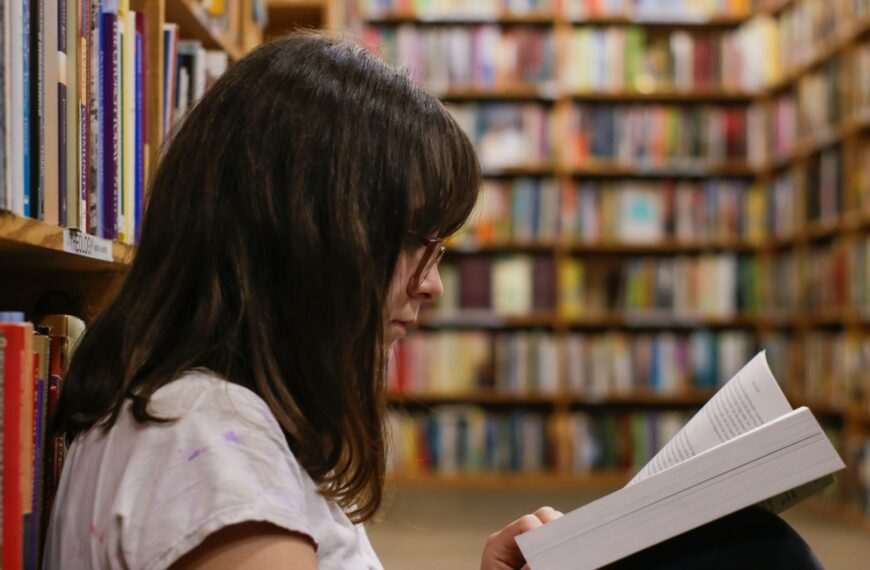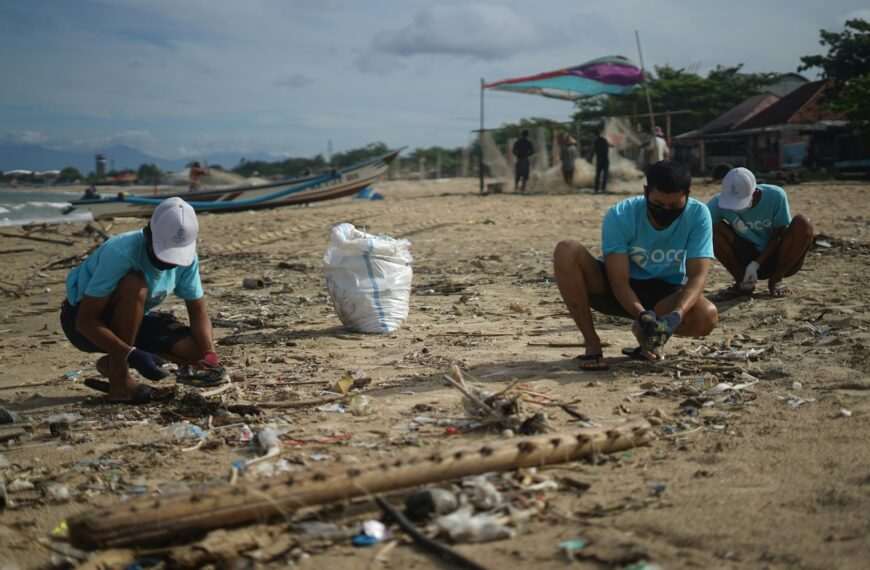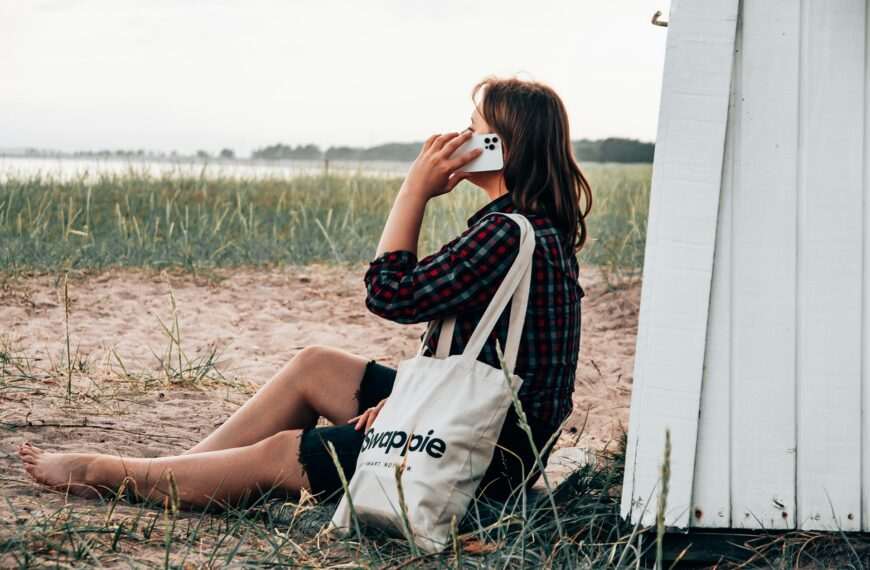
Photo by Ben Duchac on Unsplash
Have you ever felt like a tiny fish in a vast, unfamiliar ocean? That’s exactly how I felt when I first moved to Boston. The city’s winding streets and unfamiliar faces seemed to close in around me, making me question my decision to uproot my life for a new job opportunity. Little did I know that my journey of finding community in a new city through local volunteering would not only change my perspective but also reveal fascinating insights about human connection and social dynamics.
The Struggle of Starting Over
Moving to a new city is a challenge that many of us face at some point in our lives. Whether it’s for work, education, or personal reasons, the experience often comes with a mix of excitement and anxiety. As I unpacked my boxes in my small apartment, I couldn’t help but wonder:
- How will I meet new people?
- Where can I find like-minded individuals?
- Will I ever feel like I belong here?
These questions plagued me, and I’m sure they’re familiar to anyone who’s ever been the new kid on the block. The irony of feeling lonely in a city of over 600,000 people wasn’t lost on me. It was this paradox that pushed me to explore unconventional ways of finding community in a new city.
The Turning Point: Discovering Local Volunteering
It was a rainy Tuesday afternoon when I stumbled upon a flyer for a local food bank seeking volunteers. At first, I dismissed it. After all, I was busy trying to settle into my new job and figure out the basics of living in Boston. But something about it stuck with me. Maybe it was the cheerful font or the promise of “making a difference in your community.” Whatever it was, it planted a seed in my mind.
That weekend, instead of binge-watching another series or scrolling endlessly through social media, I decided to give it a shot. Little did I know that this simple decision would be the key to finding community in a new city and would open up a world of connections I never expected.
The First Step: Showing Up
Walking into the food bank that first Saturday morning, I was a bundle of nerves. What if I didn’t know what to do? What if everyone already knew each other? But as soon as I stepped through the door, I was greeted with warm smiles and a sense of purpose that was almost palpable.
Here’s what I learned in those first few hours:
- Shared goals create instant bonds
- People are generally kind and welcoming to newcomers
- Having a task at hand eases social awkwardness
As I sorted canned goods alongside other volunteers, conversations flowed naturally. We shared stories about our backgrounds, our reasons for being in Boston, and our experiences with the city. It was during these moments that I realized I had stumbled upon a goldmine for finding community in a new city.
The Ripple Effect of Volunteering
My experience at the food bank was just the beginning. Over the next few months, I found myself drawn to various volunteering opportunities across the city. From cleaning up local parks to helping at animal shelters, each experience brought new faces, new stories, and new connections.
But it wasn’t just about making friends. Through local volunteering, I was:
- Learning about different neighborhoods in Boston
- Understanding local issues and how the community addresses them
- Developing a sense of belonging and purpose
- Building a diverse network of contacts
What started as a way of finding community in a new city had become a journey of personal growth and civic engagement.
The Psychology of Community Building
As I delved deeper into my volunteering experiences, I couldn’t help but analyze the psychological aspects of what was happening. It reminded me of the concepts discussed by Malcolm Gladwell in his book “The Tipping Point.” Just as Gladwell talks about the power of context and the stickiness factor in creating social epidemics, I was witnessing firsthand how the context of volunteering was creating sticky social connections.
Here’s what I observed:
- Shared Values: Volunteering attracts people with similar values, creating an instant common ground.
- Repeated Interactions: Regular volunteering opportunities allow for multiple interactions, strengthening bonds over time.
- Positive Association: The good feelings associated with helping others are transferred to the people we volunteer with, enhancing social connections.
- Diverse Interactions: Volunteering brings together people from various backgrounds who might not have met otherwise.
These factors combined to create a perfect storm for community building, making local volunteering an incredibly effective method for finding community in a new city.
Breaking Down Barriers
One of the most fascinating aspects of my journey in finding community in a new city through local volunteering was how it broke down social barriers. In our daily lives, we often interact with people similar to us – same age group, similar professions, comparable socioeconomic backgrounds. Volunteering shattered these invisible walls.
I found myself working alongside:
- Retirees with a lifetime of stories to share
- College students passionate about social justice
- Long-time Boston residents with deep local knowledge
- Fellow newcomers to the city, each with their own reasons for being there
This diversity not only enriched my social circle but also gave me a more comprehensive understanding of my new home. It was like getting a crash course in Boston’s social fabric, all while making meaningful connections.
The Unexpected Benefits
As I continued my journey of finding community in a new city through volunteering, I began to notice some unexpected benefits:
- Professional Networking: I met people from various industries, leading to interesting career opportunities.
- Skill Development: Different volunteering roles helped me develop new skills, from event planning to public speaking.
- Local Insider Knowledge: Fellow volunteers became my go-to source for the best restaurants, events, and hidden gems in the city.
- Improved Mental Health: The sense of purpose and social connections significantly boosted my mood and overall well-being.
- Deeper Connection to the City: By actively contributing to local causes, I felt more invested in and connected to Boston.
These benefits went far beyond my initial goal of finding community in a new city. They transformed my entire experience of living in Boston, turning it from a place I happened to reside to a community I was an active part of.
The Challenges and How to Overcome Them
Of course, my journey wasn’t without its challenges. Finding community in a new city, even through volunteering, isn’t always smooth sailing. Here are some obstacles I encountered and how I overcame them:
Challenge 1: Time Management
Balancing work, settling into a new city, and volunteering can be overwhelming.
Solution: Start small. Even a few hours a month can make a difference. Gradually increase your involvement as you become more comfortable.
Challenge 2: Finding the Right Fit
Not every volunteering opportunity will resonate with you.
Solution: Don’t be afraid to try different organizations and causes. It’s okay to move on if something doesn’t feel right.
Challenge 3: Sustaining Motivation
Initial enthusiasm can wane over time.
Solution: Set personal goals for your volunteering. Celebrate small wins and remind yourself of the impact you’re making.
Challenge 4: Turning Acquaintances into Friends
Moving from casual volunteering buddies to genuine friendships can be tricky.
Solution: Take initiative. Suggest grabbing coffee after volunteering or organize a group outing. Many people are in the same boat and will appreciate the effort.
By acknowledging and addressing these challenges, I was able to create a sustainable approach to finding community in a new city through local volunteering.
The Broader Implications
As I reflected on my experience of finding community in a new city through local volunteering, I couldn’t help but think about the broader implications. In our increasingly mobile society, where people frequently move for work or personal reasons, we need effective strategies for building community quickly.
Local volunteering offers a solution that:
- Is accessible to most people
- Provides immediate entry into local networks
- Offers a sense of purpose and belonging
- Contributes positively to the community
Imagine if more newcomers to cities engaged in local volunteering as a means of integration. We could see:
- Stronger, more cohesive communities
- Increased civic engagement
- Better support systems for newcomers
- More efficient distribution of local knowledge and resources
The potential for social impact is enormous, and it all starts with individuals taking that first step towards finding community in a new city through local volunteering.
A Call to Action
Now, I turn to you, dear reader. Whether you’re new to a city, feeling disconnected in your current community, or simply looking to expand your social circle, I encourage you to consider local volunteering. Here’s how you can start:
- Research local organizations in your area
- Choose a cause that resonates with you
- Start small – commit to one volunteering session
- Be open to conversations and connections
- Reflect on your experience and adjust as needed
Remember, finding community in a new city is a journey, not a destination. It takes time, effort, and sometimes a bit of trial and error. But the rewards – a sense of belonging, meaningful connections, and a deeper understanding of your community – are well worth it.
I’d love to hear about your experiences. Have you tried finding community through local volunteering? What worked for you? What challenges did you face? Share your stories in the comments below or on social media using #CommunityThroughVolunteering. Your insights could be the inspiration someone else needs to take that first step.
Conclusion: The Power of Showing Up
As I write this, looking out over the Boston skyline that once seemed so alien to me, I’m filled with gratitude for the journey of finding community in a new city through local volunteering. What started as a lonely fish in a big pond has transformed into being part of a vibrant ecosystem of connections, purpose, and belonging.
The simple act of showing up – to that first food bank session, to subsequent volunteering opportunities, to coffee dates with new friends – has had a profound impact on my life in this new city. It’s a testament to the power of putting yourself out there, of being open to new experiences and connections.
Finding community in a new city isn’t always easy, but it’s always possible. Sometimes, it’s just a matter of looking beyond the obvious, of seeking connection through contribution. So, whether you’re a newcomer to a city or a long-time resident looking to deepen your community ties, I encourage you to give local volunteering a try. You might just find, as I did, that in giving your time and energy to your community, you receive so much more in return.
After all, as the saying goes, “The best way to find yourself is to lose yourself in the service of others.” In my case, it was also the best way of finding community in a new city. And for that, I am endlessly grateful.








